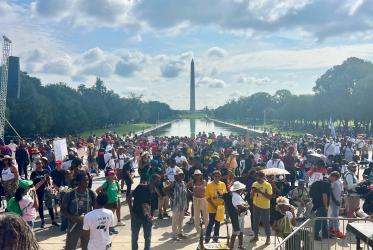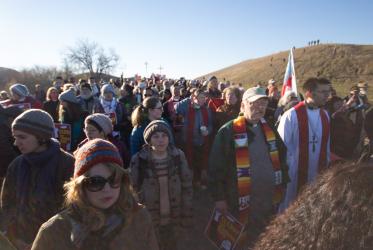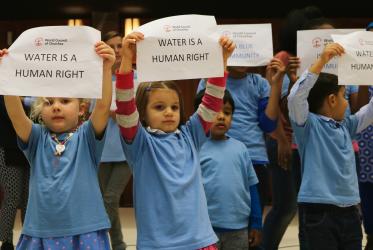Displaying 1 - 20 of 20
Churches should use their voice on climate change
26 February 2020
Emily Welty: tide of hope for a world free from nuclear weapons
19 September 2017
In Charlottesville, can “the power of love” prevail?
14 August 2017
G7 must address famine
22 May 2017
Eco-justice at stake for Standing Rock people in USA
07 November 2016
Indigenous faith leaders reflect on resilience and climate change
23 September 2014












